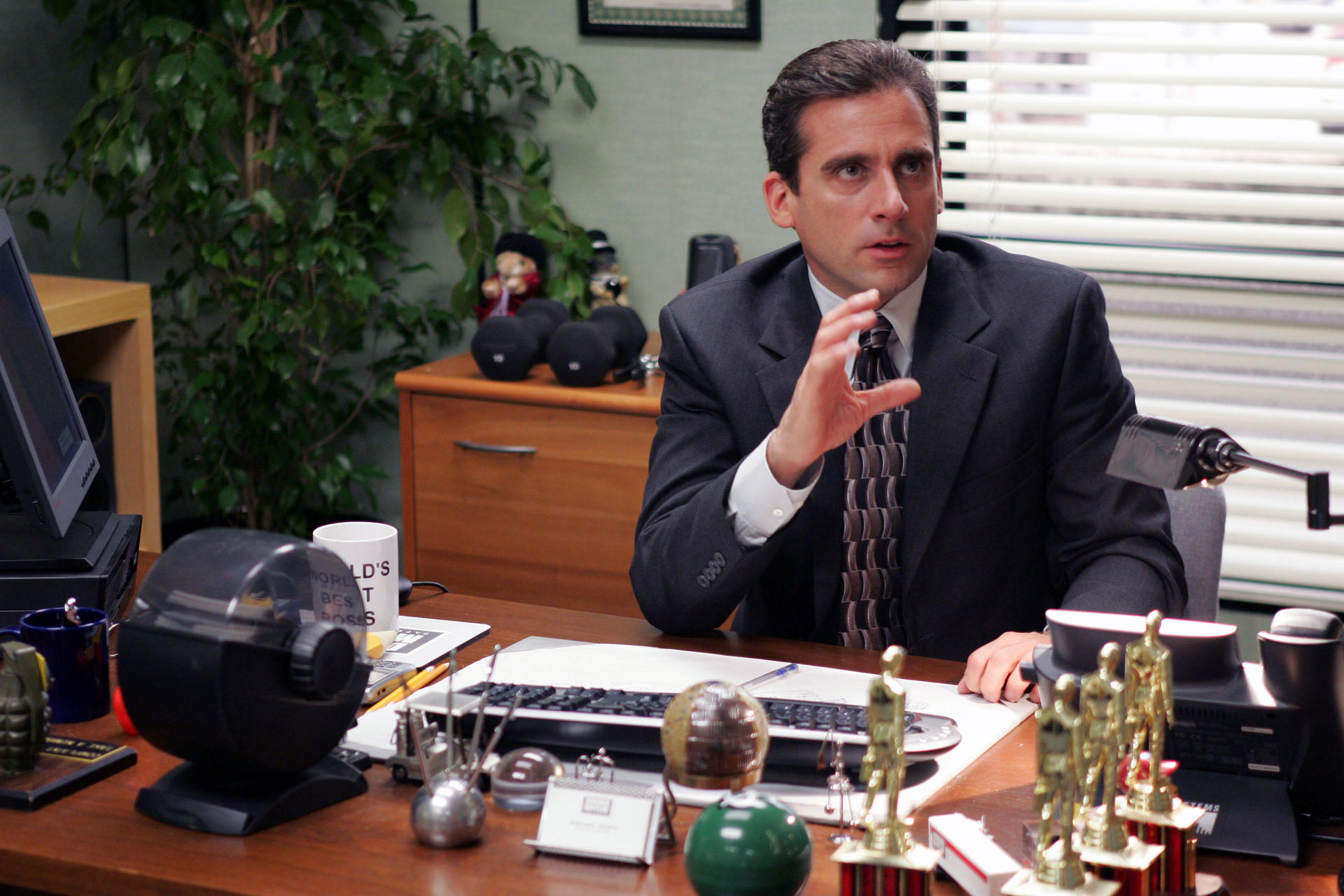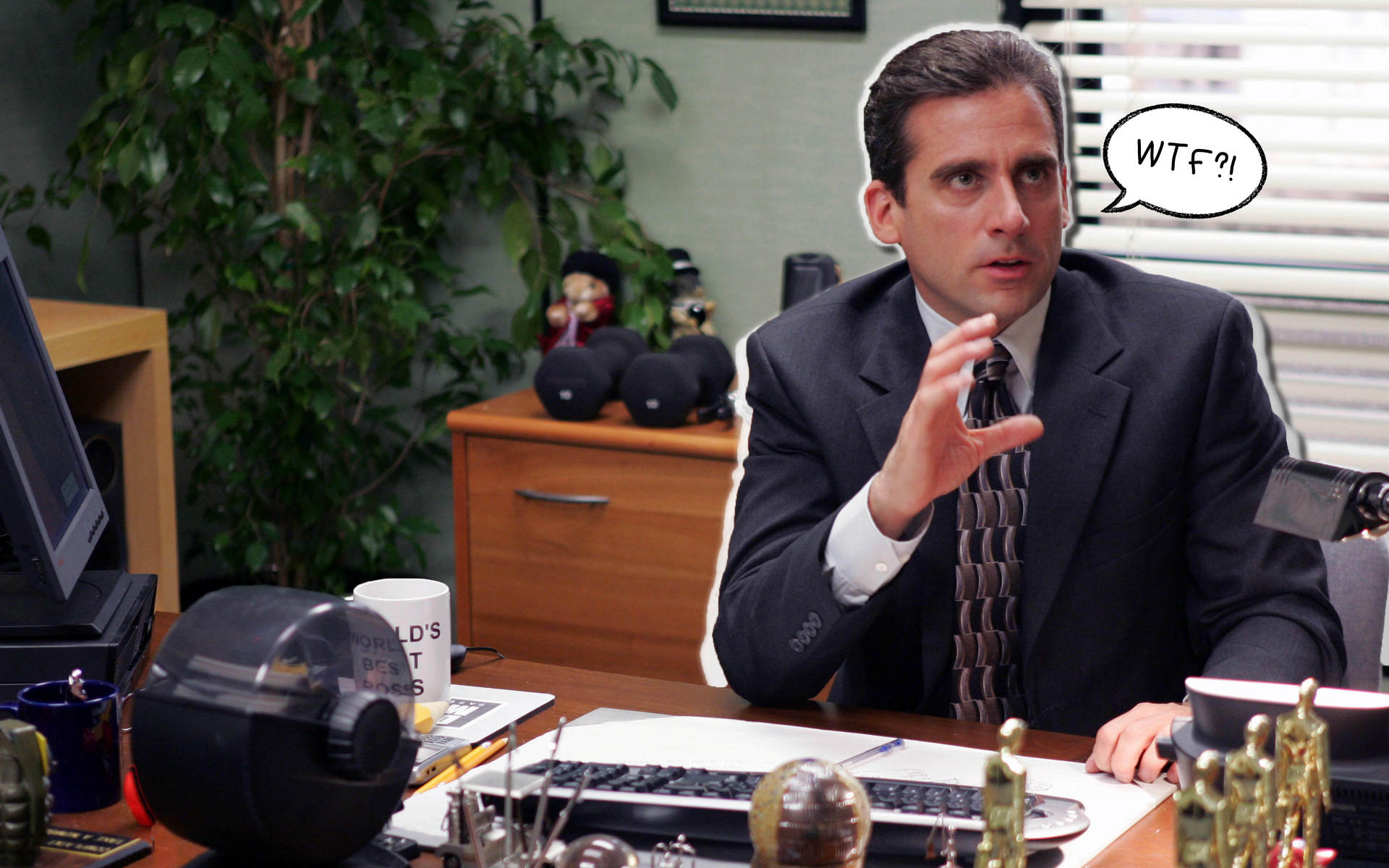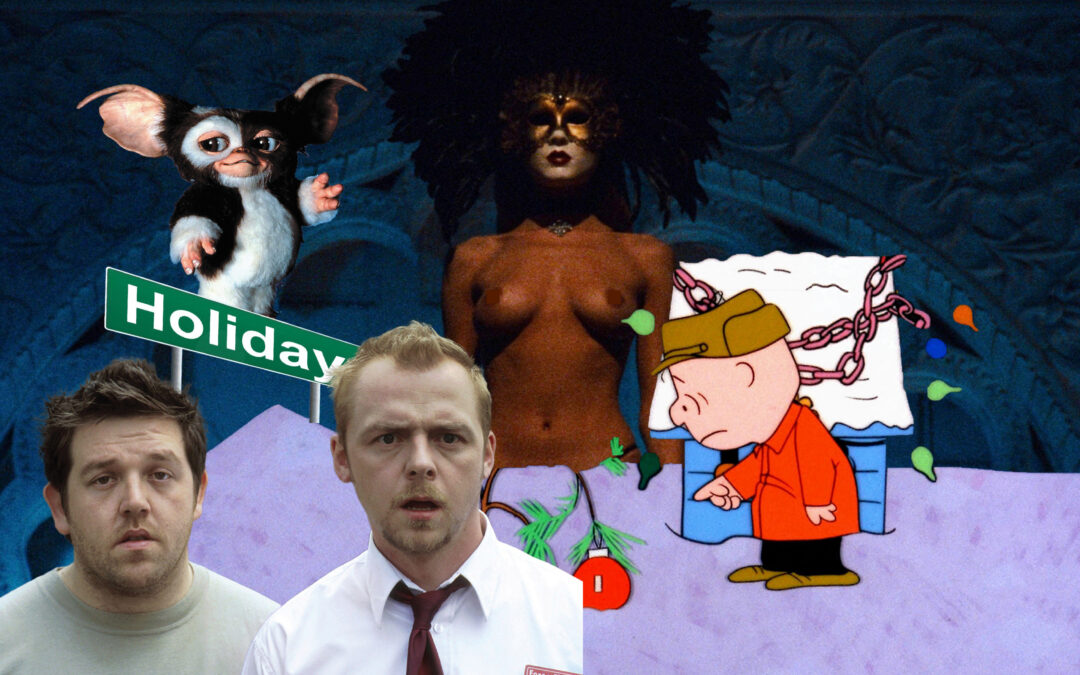Have you ever seen those absolute anxiety-inducing caving videos on YouTube? The ones where people explore ridiculously tight (and often uncharted) cave systems with nothing more than a GoPro and the hope that their morning bowl of oats didn’t bloat them enough to get stuck. Even consuming the content seems to come with its fair share of gut-wrenching moments when it looks like there is no end to the suffocating, all-encompassing tightness around them, no light at the end of the tunnel, just damp, dark dirt.
Now, let me ask, have you ever felt stuck not in the physical sense but rather in a mental capacity?
Ironically, when the team landed on this very topic for this month’s volume of Navigating Reality, it really resonated with me. Maybe some keen-eyed readers have picked up that from at least the start of 2024, the topics in our Navigating Reality segment have seemingly tackled an overarching theme of doubt, repackaging and rediscovering oneself. This is no coincidence, as the topics I generally put forward mirror my life and psyche. “Write what you know”, they always say! Well, here’s the truth. What I know at this moment is that my life closely resembles the caving experience I described above. I find myself navigating an increasingly complex world with increasingly complex battles. Truth be told, I feel stuck. Stuck in a professional sense, stuck in mundane routine and stuck creatively.
I know I’m not the only one who is facing this feeling and I wonder if maybe we just had too lofty expectations? Nonetheless, I am here to say that despite all this sense of self-doubt, uncertainty, and imposter syndrome still being very present in my daily life, it’s not as hopeless as I may have made it seem. First and foremost, it is vital to be aware that none of us are alone in this feeling of being stuck in our lives or careers. A shocking 75% of people in a study conducted by Oracle in the US said they felt stuck in a professional capacity.
Statistics out of South Africa, unfortunately, aren’t much better. In an extensive survey in 2019 by Universum SA reports that South Africans list their job satisfaction at around a 6 out of 10 and unanimously say that job security trumps job satisfaction. This is all pre-Covid, mind you, and current stats show job satisfaction has absolutely plummeted. Despite some lazy journalism and clickbait titles claiming South Africans are some of the happiest in the world (based on nothing more than work engagement), it takes no more than a quick ctrl+F in the same Gallup State of the Global Workplace used to see that this statement is horrendously misleading. Less than half of the respondents said that it would be a good time to find a new job and a meagre 32% of the respondents, who already are from a small sample of actual employed South Africans, thought that they’d be in a better situation five years from now.

Photography by Mark Forbes via Death to Stock

Image sourced via Pexels
I think it is also here within this report by Universum SA and Gallup that something becomes apparent. Although that feeling of being stuck in your job is more or less universal, the manner in which individuals in different regions and economies experience being stuck is drastically different. The experience of feeling stuck professionally within a thriving German economy with 5.8% unemployment and an incredibly strong social welfare and grant system simply isn’t comparable at all to the South African experience.
I distinctly remember that on a month-long trip to Berlin in 2019, a friend’s roommate suddenly lost their job. Coming from our job market, I extended my sincere condolences, offered support and asked what her plan was going forward. Her response was calm, almost unnervingly so, as she simply said she’d file for benefits which would be enough to cover her rent and her expenses, take some time off and maybe go to the job centre in a month or two. Losing a job in South Africa seems like a devastating, potentially life-altering event. Here’s the last bit of depressing statistics, I promise. From 2008 to 2023, tertiary education graduates’ unemployment doubled from 5.8% to 12%. Damningly, that means that graduate unemployment in SA is higher than overall unemployment in Greece (11%), which is a notoriously unstable and struggling economy.
Not for it to be all doom and gloom, but I have sifted through the annals of the internet to find some solution for those of us stuck, trapped, and terrified of what the future may hold. In this there is a dilemma, as regurgitating advice from predominantly US-based publications, holistic coaches, and shady finance gurus would be misplaced and potentially dangerous. Simply put, we are in a different boat and in a different economic sphere. We are a tiny economy, filled with stories of rags to riches and the inverse of that, entrepreneurs and tenderpreneurs, hustlers and those who are hustled out of their hard earned cash.
Now, I think we must first analyse why we feel stuck, and honestly, the range of reasons is as vast and complex as you can imagine. No two individuals experience life in the same way; thus, their reasons for experiencing a professional or personal dead end will also vary greatly. We could have outgrown our current situation, becoming too comfortable in the known, we could simply be overwhelmed with the present or with a future that doesn’t seem all too inviting, or we fear that we will be judged a failure, a quitter and not measure up to our contemporaries. In fact, as is the case with me, all the above can be true. So how, then, do we actively work towards untangling ourselves from this mental cage?

The Office image licensed by Alamy
Many suggest we try to make concrete what we want and don’t want, but I find this almost to be too large and abstract an idea. I much prefer the advice that we should break tasks down as small as possible to avoid that overwhelming burnout that is always a risk. As Allison Zweig, a licensed clinical social worker, says, “small actions mean you avoid analysis paralysis”. She also emphasises that big decisions shouldn’t be made at a whim and that plenty of time and planning should go into a decision that carries so many consequences. With this in mind, the South African College of Applied Psychology suggests some measures to take some of the financial pressure off through planning, if possible by setting aside an emergency fund and recreating a monthly salary while you hunt for your next position. In truth, I think one of the most important aspects for me comes down to broadening my knowledge, whether it be in a field I am already in or something new I find interesting. You often hear that people really found their professional passion in something that started out as nothing more than a new hobby they were interested in.
There is so much power in the freedom that a career pivot can provide, and your 30’s and after are the absolute perfect time for such a shift in time and energy. As Caroline Castrillon writes for Forbes, “Your thirties can be an ideal time to reinvent your career. At that point, you have substantial life experience, a solid set of transferable skills and a strong professional network. Plus, you’re more financially stable than you were a decade earlier. Some reasons for changing careers at 30 include wanting more flexibility, needing a new challenge or a desire to start a business, among others”.
Queen and certified bad bitch Martha Stewart pivoted from being a full-time model to a stock broker before starting her cooking and cuisine empire. The brainchild behind the brain rot that is Buzzfeed, Jonah Peretti, was teaching high school kids Microsoft Office in his 30s before breaking the bank one “11 Delightful Poems Found In PornHub Comments” headline at a time.
This brings me to my final point: we need to allow ourselves the joy and privilege of failure.
It’s ok to start something new. It’s ok to not really know what you’re doing. It’s okay to fail, to start over and over and over again because however necessary money may be and however much we envy those with enticing, endless riches, your own personal happiness is the one thing that should always take priority. “Comparison is the thief of joy”, and when it comes to your career and achievements, it can hit extra hard. Take my uni apartment mate and me as an example, he just made the Mail and Guardian Top 200 Young South Africans, and I just called Martha Stewart a bad bitch, but fuck it I’m figuring it out, and I know that at some point I’ll find my calling and purpose. Whether that is through writing or something completely different is yet to be decided and that is also ok. The average person will change careers five to seven times in their life. Maybe to move forward in a personal and professional capacity, it is time to take a step back to see a picture and a whole future of possibilities that far exceed the day-to-day drab of comfort at what cost. So send that CV, upskill, update that LinkedIn bio and good luck finding or even creating your dream job.
Written by: Casey Delport
For more news, visit the Connect Everything Collective homepage www.ceconline.co.za














